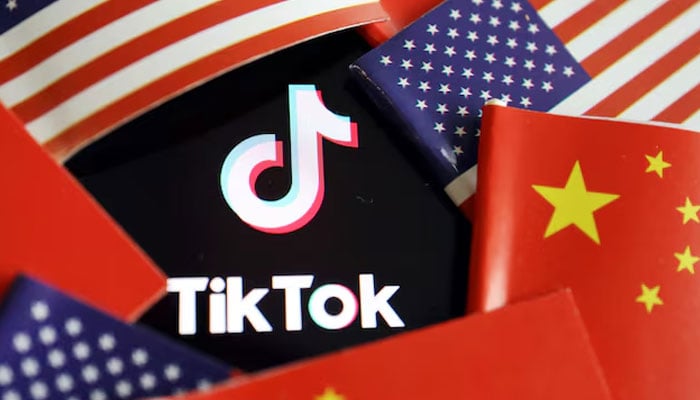Select Language:
China reaffirmed its position on TikTok in the United States Saturday, a day after President Trump announced progress on a deal to transfer TikTok’s ownership to U.S. control.
“The Chinese government’s stance on TikTok remains unchanged: it respects the company’s autonomy and encourages negotiations based on market principles to find a solution that complies with Chinese laws and regulations while balancing interests,” stated China’s Commerce Ministry in a release, echoing their stance from earlier this week.
Uncertainties still linger regarding the details of any potential U.S.-China agreement following a phone call between President Trump and President Xi Jinping on Friday. Questions include the exact ownership structure of TikTok, the extent of Chinese influence over the app, and what benefits Beijing gains from easing restrictions and allowing U.S. access to one of China’s most successful technology exports.
The outcome of negotiations over TikTok— which has approximately 170 million users in the U.S.— is viewed as critical, with implications extending to other sectors such as aviation and agriculture, as the two largest economies seek pathways beyond their current tariff disputes.
“Hopefully, the U.S. will align its goals with China’s, sincerely fulfill its commitments, and create a fair, open, and non-discriminatory business environment for Chinese companies operating in the U.S., including TikTok,” added the Commerce Ministry.
Since reaching a framework agreement earlier this week in Madrid, Chinese officials and media have labeled it a “win-win” situation, indicating plans to review TikTok’s technology exports and intellectual property licensing rights.
This framework was a necessary step for Trump to keep TikTok operational in the U.S., withCongress having previously mandated its shutdown by January 2025 unless Chinese owner ByteDance sold its American assets.
He Yadong, a spokesperson for China’s Commerce Ministry, reiterated hopes that the U.S. will lower trade barriers affecting Chinese firms during a press briefing Thursday, emphasizing Beijing’s desire for reciprocal trade conditions.







